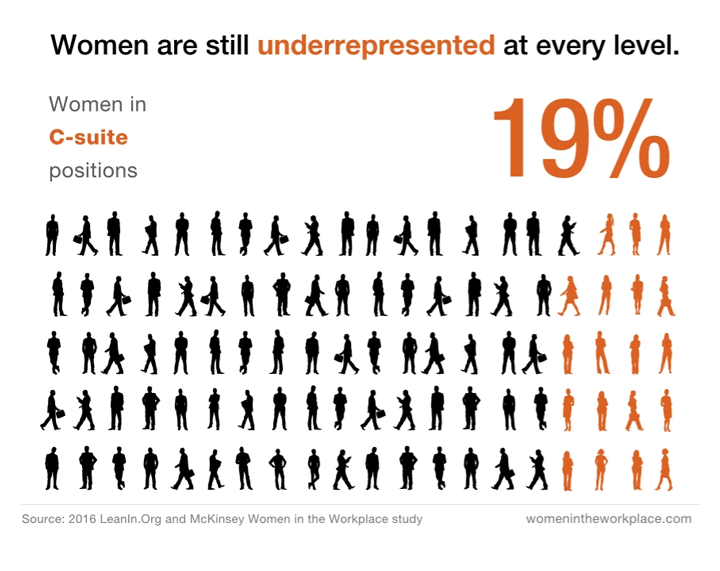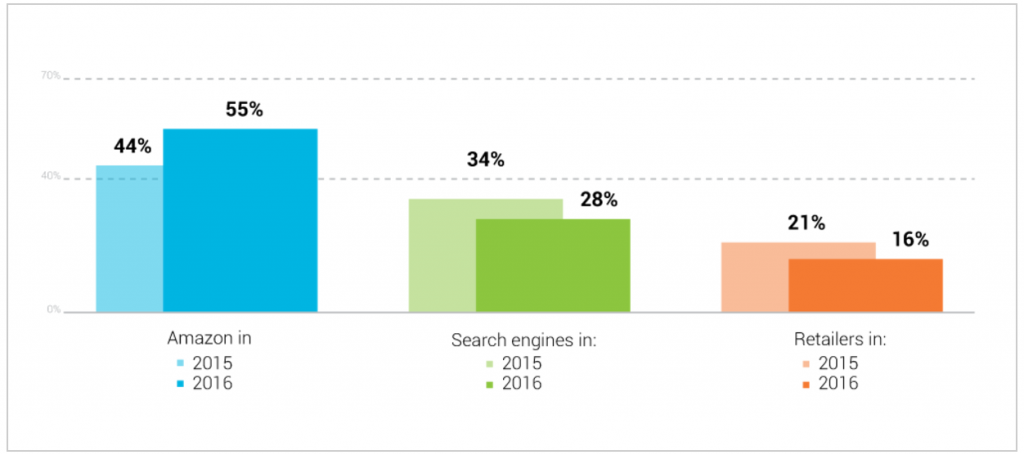Welcome to our weekly round-up of all the latest news and research from around the world of search marketing and beyond.
This week we’ll mostly be talking about Penguin 4.
What do you mean you haven’t seen the first three? Well don’t worry, I’ll bring you up to speed. In the first instalment, a terrible tragedy befalls a young penguin at Camp Crystal Lake while the teenage camp counsellors weren’t paying attention.
Then 21 years later, the Penguin returns… hang on I may have the wrong Wikipedia tab open here… I’ll get back to you.
Penguin 4.0 news round-up
As Google confirmed last Friday, Penguin 4.0 is now being rolled out. The spammy link punishing update now works in real-time and will only penalise offending webpages rather than the entire domain.
Penguin recovery time:
It seems Penguin recoveries are happening right now, as Google’s Gary Illyes confirmed on Twitter…
@atmoore81 it’s happening as we speak. or tweet. it will take a few more days to finish that part
— Gary Illyes (@methode) September 28, 2016
It’s also worth noting that Penguin 4.0 has been coming together gradually over time, with the main component rolling out on the 23rd.
2/? @rustybrick we choose that announcement date because it’s just hours away from the most noticeable part’s launch time. In fact we said..
— Gary Illyes (@methode) September 28, 2016
Expert view on Penguin 4.0
This week we talked to a few SEO practitioners to get their expert views on Penguin 4.0. and for some advice for those who wish to avoid being affected by Penguin.
Kevin Gibbons: Focus on building a brand, not links. Aim to tell your story via content, data-driven analysis and knowledge – and amplify to a targeted audience via multiple channels; social media, paid search, digital PR etc…
Gerald Murphy: Data analysis is even more important to SEO. This most effecient way to analyse this update is to breakdown links by category, sub category, and page level, and then compare this with data, such as, visits, average blended rank, and revenue, for example.
Nikolay Stoyanov: Forget about shortcuts in SEO! There aren’t any. The only way to stay on the safe side and secure your brand, visitors and sales is if you do white hat SEO. Write well researched and useful content and build quality links to it.
Just 36% of people entering the tech industry are women
As Luke Richards reported this week, the technology industry is lagging behind many other sectors when it comes to the proportion of women taking up entry level positions.
McKinsey’s report, Women in the Workplace, surveyed 132 companies which collectively employ more than 4.6m people. It shows that while 75% of CEOs in corporate America are saying gender equality is a top ten priority, tech is still woefully behind.

More online product searches start on Amazon than Google
As reported by Graham Charlton this week, Amazon is beating Google for product searches.
The second annual State of Amazon study by BloomReach found that 55% of consumers start their online product searches on Amazon, compared to 28% who opt for a search engine.
The survey of 2,000 US consumers found that Amazon’s share of the action was up 11% year on year, and the figures down for search engines and other retailers.

Google AdWords introduces cross-device remarketing for TV ads and offline sales
Google AdWords has released a new product designed to “close the loop between TV and digital” with Brand Lift.
According to the AdWords blog post, Brand Lift will be able to show marketers how TV ads increase Google and YouTube searches for brands compared to YouTube campaigns.

There’s little to set up, you just need to be running Brand Lift on both your TV campaign and YouTube campaign, and Google will report the searches for your brand.
Google is also introducing location extensions and store visits measurement for the Google Display Network to help marketers “close the loop between online ads and offline sales.”
As people browse specific websites or interact with their apps, brands will be able serve ads that show a business address, Google Maps directions or photos.
AdWords announces improved remarketing lists for search ads (RLSA)
In a busy week for AdWords, the paid search platform has announced improvements to RLSA to give you more flexibility on how you adjust search ads, bids, and keywords.
- Reach your customers across devices. If someone visits your website on their laptop or tablet, you can now reach them with more relevant ads when they search on their phone.
- Keep site visitors in your list for 540 days. This longer membership duration makes it easier for businesses with seasonality or high consideration products to reach their customers
- Add your remarketing lists at the campaign level later this year, making it faster and easier to use RLSA. This will work for Customer Match too.
source https://searchenginewatch.com/2016/09/30/six-most-important-search-marketing-news-stories-of-the-week-2/
No comments:
Post a Comment